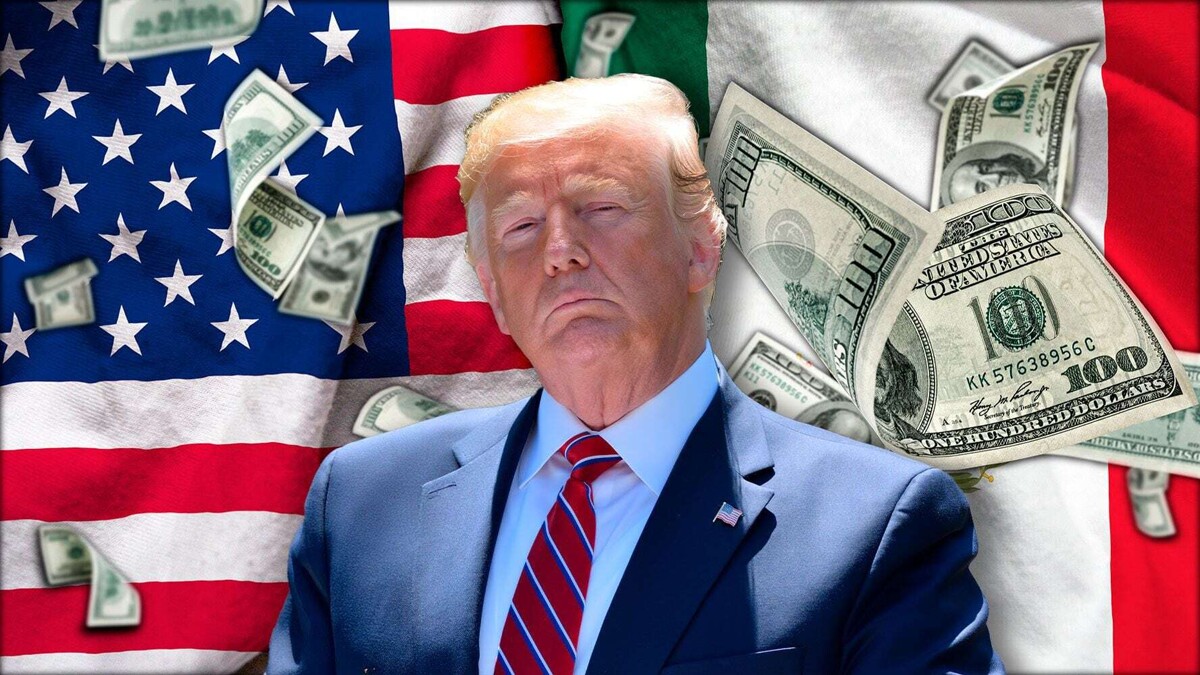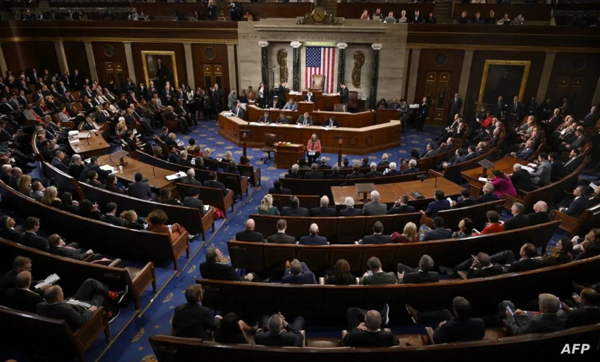
The President of the United States imposed tariffs on Mexico, despite failed negotiation attempts and arguments presented about the negative impacts of this action on the U.S. economy. Donald Trump justifies his decision based on the belief that free trade has caused losses in production and employment in his country, and his conviction that the use of force gives him greater influence over other nations. In response, Mexico and Canada made efforts, but the final word was with Trump, based on his aggressive negotiation style and ideological prejudices.
From now on, U.S. importers will suffer the impact of these tariffs. Products ranging from automotive parts to fruits will incur an additional 25% in costs when sourced from Mexico. Importers will have to decide whether to fully pass this cost on to end consumers, absorb part of it, or pressure Mexican suppliers to reduce their prices and bear the extra cost. Uncertainty falls on companies that conduct multiple import and export operations, such as those under the IMMEX regime, due to the possibility of paying 25% at each stage of production.
These tariffs represent a blow to North American integration, with Canada expressing its readiness to impose retaliatory tariffs valued at $30 billion and $125 billion. Mexico has not yet taken an official position on this matter. The impact of U.S. tariffs on the Mexican economy is uncertain, but consequences are expected, such as a reduction in imports, increased costs, and a decline in regional trade. Investor perceptions reflect concerns about inflation and economic activity in the United States, which translates into an uncertain and unfavorable outlook for both nations.














